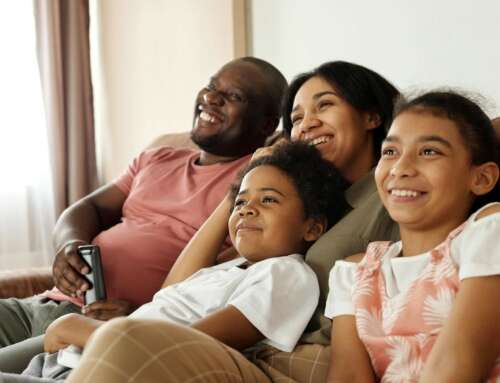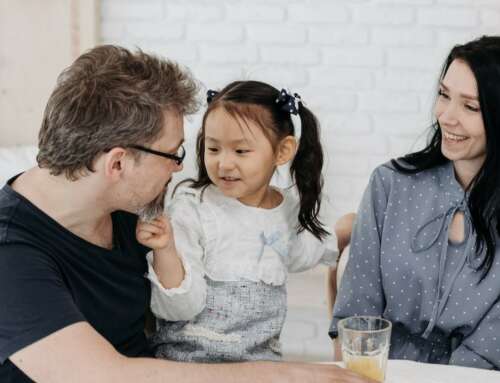From the first of November Australians living in rural and remote areas will be eligible to receive Medicare rebates for psychological treatments delivered in part via video conferencing. This is a step in the right direction, but there are still psychological treatments we know work, that remain unfunded.
Under the “Better Access to Mental Health Care Initiative” children and adults are eligible for up to ten face-to-face individual and group psychological therapy sessions per year. The scheme, which commenced in 2006, has been extremely successful and resulted in millions of Australians accessing critically needed mental health treatments.
But since its introduction there have been significant advances in delivering psychological treatments that are highly effective, require less therapist time and increase access for children, teenagers and their parents. Medicare restrictions do not currently provide rebates for these methods of delivering therapy, preventing thousands of young Australians from accessing these evidence-based approaches.
Parent-only interventions
A large body of research has shown psychological interventions delivered to parents alone (without child involvement) are highly effective for treating children’s mental health conditions.
Brief parent interventions (five or six sessions) have been found to decrease child anxiety. They also reduce disruptive behaviour problems such as tantrums, arguments and non-compliance in children and teenagers.
And most child-focused interventions require some parent-only time to discuss sensitive issues related to the child and teach parents skills to support their child. Currently, to receive a rebate, children must be present at all sessions.
Internet delivered treatment
Recent advances have been made in the delivery of psychological treatments via the internet. These treatments are delivered to children and parents using written text, audio files, cartoons, videos and interactive games through websites or computer programs.
– Ella L. Oar, Jennie Hudson, Viviana Wuthrich
Read more: Three Proven Psychological Treatments for Young People That Need to be Funded
Photo source – Flickr.com








Leave A Comment